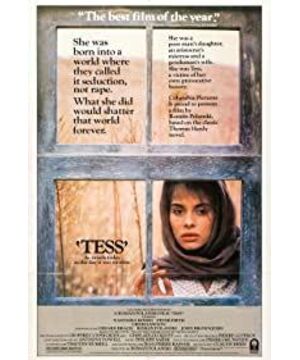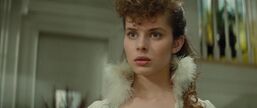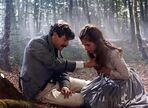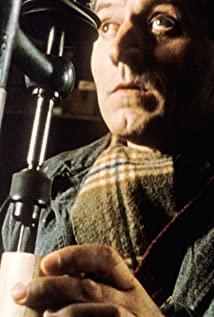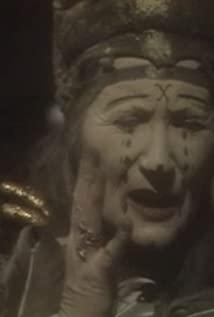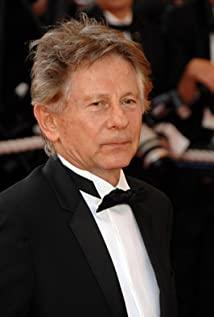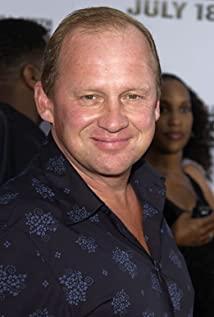When I first started to read the novel "Tess", I decided to watch the movie later, so when I read the book, I still had some unbearable imaginations about the movie, and I hoped that some plots could be transformed into the pictures I liked in the movie. And compare it to a novel when watching a movie.
The first is the description of the scenery. When I read it, I repeat each paragraph two or three times. The scenery inside is divided into two kinds of very strong bright and extremely empty depression. In the film version, it may be because of the long period of time, the shooting is relatively blurry, and the overall is dark, so there is no bright and green feeling. But dusty and gray are the true colors of remote villages.
The second is the scene of Tess and her brother driving and talking under the starry sky together. It is understandable that this was not filmed. The starry sky should have been quite difficult to photograph at that time, and the second is that there was really not enough time. The adaptation of a novel may inevitably have these problems, it seems lengthy but not very coherent. It's a bit difficult to watch the nearly three-hour movie "Tess", but it is estimated that those who haven't seen the original book are still a little confused about the plot. Tess's horse is set to die early in the movie, so it's a bit baffling that Tess goes to a fake relative's house without her father or herself. It's a pity that I didn't take a picture of the late-night drive that I wanted to watch. First, they drove the car and the horse died. Tess, who was originally reluctant, took the initiative to ask the d'Urbervilles for help because of guilt and a sense of responsibility. The second is to look forward to the stars and the pictures of them chatting. The third is to reflect the precocious maturity of Tess and his younger brother, as well as some of their thinking about life, and the characters are fuller. But Tess in the movie is very flat. Her sorrows are reduced to the pain of being deceived by a fake cousin, and she has become a timid, poor, innocent and even a little stupid girl, so if the heroine is not beautiful enough, it will be difficult for her. Let me forgive.
The third one is to the three girls in the dairy farm. In the novel, they were mixed together in the dairy farm, and the one who loved to drink later (I forgot his name, Anna or something) was not particularly prominent, but it was simplified in the movie He emphasized that the three people's love for Anji was concentrated on one, and she became Anji's fan girl (I also forgot the name, it seems that the name is similar to Tess; in fact, the other two still like Anji in the movie. Ji's, but in the stage of admiration and appreciation, not as obvious as in the novel), they focused their interaction with Tess on the drinking girl and shaped her into a confidant eldest sister, and the third person basically became the background, this adaptation I It also feels good and bad. First of all, this adaptation saves the film a lot of time, and it highlights two of the characters, who are more distinct, more recognizable and simpler to the audience of the film. In addition, the fan sister and the confidant eldest sister followed Tess line and Anji line, and also served the story line when Tess and Anji separated. But only the confidant eldest sister interacted with Tess, and Tess did not show her care and love for them in the dairy factory, nor did they see how they loved Tess. So Anji's fan sister said to Anji, "Tess is willing to sacrifice her life for you", which is a bit abrupt in the movie.
The fourth scene is the machine hitting the wheat. I liked this part of the movie very much and satisfied my curiosity. The farmers in it are not so fierce, and the overall role of the farmers is less. I feel that this adaptation is very reasonable. The conflict between the farmer and Angie is gone, so he has only contempt for Tess and no revenge, so there is no shortage of verbal humiliation, but the revenge in behavior is deleted. There is also a little detail, that is, I was a little curious about the custard inside when I was reading the book, but I took it out. It turned out to be so soft and thin, which satisfied my curiosity.
As for the fake cousin Alec, in the movie, especially in the second half, he is much more gentle and kind, not so stalker, fickle and vicious, deceitful and intimidating have been deleted, and every time something bad happened at Tess's house Time to step up and become more selfless. Maybe it's because of the lack of descriptions added by the author in the novel, the religious part is almost deleted, the characters are flat and beautified a lot, but Tess looks impersonal and stupid. It may be better if some details are added.
And Angui's love for Tess has weakened a lot, especially the sleepwalking hug Tess across the river mentioned in the beginning and the end, which was not filmed. In fact, it is a very convenient way to express your deep love for Tess through dreams and subconsciousness. And when he left Tess, he gave Tess money and jewelry, and he didn't withdraw cash at all in the movie, so he became a scumbag who just let it go.
But at the end of the novel, Anji and Tess's sister should be together, and it can't be said to be a betrayal. After all, it is also Tess's last wish, and it also reflects Anji's sense of responsibility to compensate Tess and take care of her family. The movie ends with Anji and Tess following the police on the road. Without this section, it would be appropriate to compare with the movie as a whole. In the movie Rialick set up Tess's parents' house very well, and they were all well-dressed, and they all wore jewelry. And the ending focuses on the love between Anji and Tess, and the final pictures are all bleak and beautiful, in a romantic style. Insert another sister Tess, and Anguill is even less human.
Other scenes in the movie, such as the fake d'Urberville's house, Angie and Tess's residence, the characters' costumes and modeling are very careful, and the casting is also very good. Standing with Tess was even more sloppy.
Tess's casting is also very beautiful, especially the profile, which is really shocking when Angie carries Tess through the puddle. She must have had makeup on her hands. When she went out to work, she looked red and swollen and rough, and when she married An Ji and was with her fake cousin (and forgot her name), she had fine skin and tender flesh. This detail is also very good.
One of my favorite scenes when watching a movie is when Anji returns home to the dairy factory, and Tess just goes downstairs after taking a nap. The interaction scene between the two is really youthful.
View more about Tess reviews


